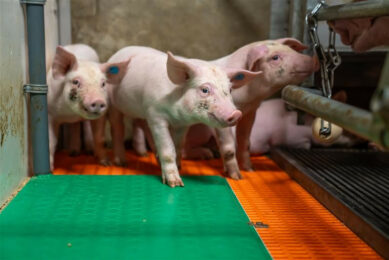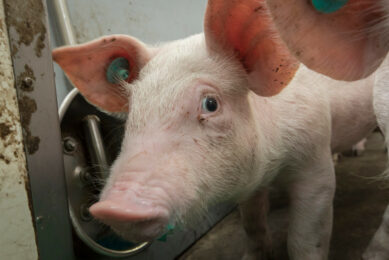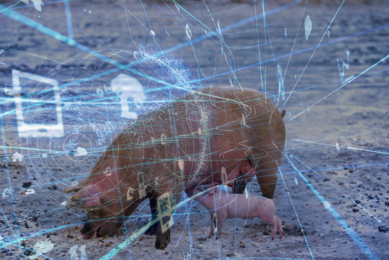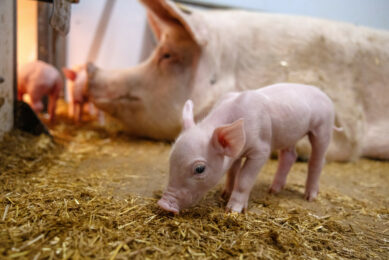New Zealand: Farrowing crates for pigs are unlawful
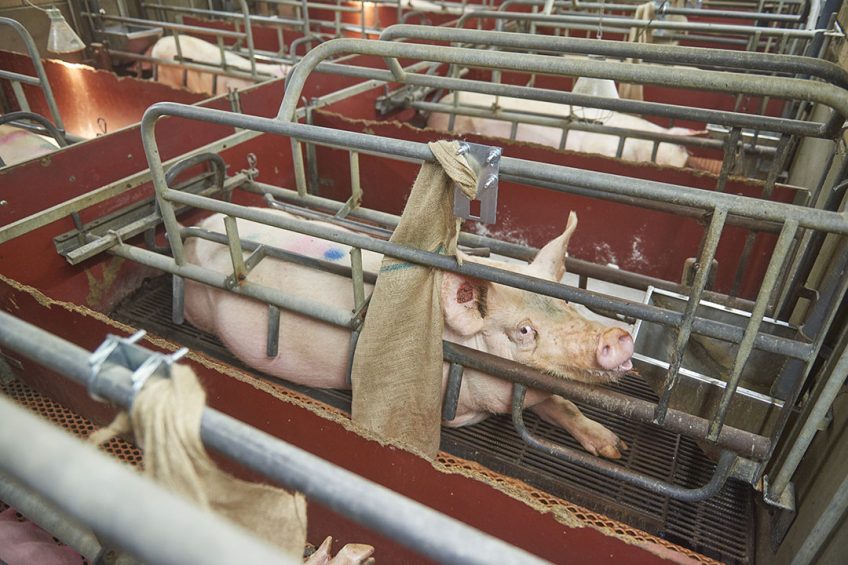
The New Zealand high court has ruled the use of farrowing crates unlawful and has indicated that changes would be required to the country’s legislation.
The matter came to court because of a legal action by 2 animal welfare groups, SAFE and New Zealand Animal Law Association, back in June. They claimed that the use of farrowing crates as well as mating crates would not be in agreement with the country’s Animal Welfare Act. The first edition of that act revolves around the well-known Five Freedoms, one of them including the opportunity to display normal patterns of behaviour.
The New Zealand Animal Welfare Act stated that a stall can be used for mating purposes for the maximum of a week. Nevertheless, the use of farrowing crates continued to be permitted in practice as they were considered to be a situation of “exceptional circumstances.” In 2015, New Zealand’s parliament indicated to have a preference to phase out stalls, yet the practice continued.
Considering new regulations phasing out farrowing crates
Early November, high court justice Helen Cull said that agriculture minister Damien O’Connor must consider new regulations phasing out the use of farrowing crates and mating stalls, and improve minimum standards.
In a news item for major news outlet Stuff, New Zealand Pork’s CEO David Bains commented, “We are disappointed by this decision and we are assessing our options. […] Our sector follows world-leading animal welfare practices. Farrowing or birthing systems are essentially maternity wards for sows. They support the survival of as many well-grown healthy piglets as possible, whilst also meeting the needs of the sow.”
He continued to say, “Worldwide, farrowing crates are the most common system used to house sows and piglets until piglets are weaned.”
Over 50% of farmers use farrowing crates
To Radio New Zealand (RNZ), NZ Pork animal welfare scientist and advisor Kirsty Chidgey said that the outcome would have a big impact on the swine industry, as more than 50% of NZ pork producers use farrowing crates. She said, “Piglet crushing is one of the main causes of piglet mortality, and farrowing crates is the best way to stop that. One consequence of this could be fewer farms exist in New Zealand and more pork will be imported from those countries.”
According to Chidgey 60% of pork consumed in New Zealand is coming from overseas.




